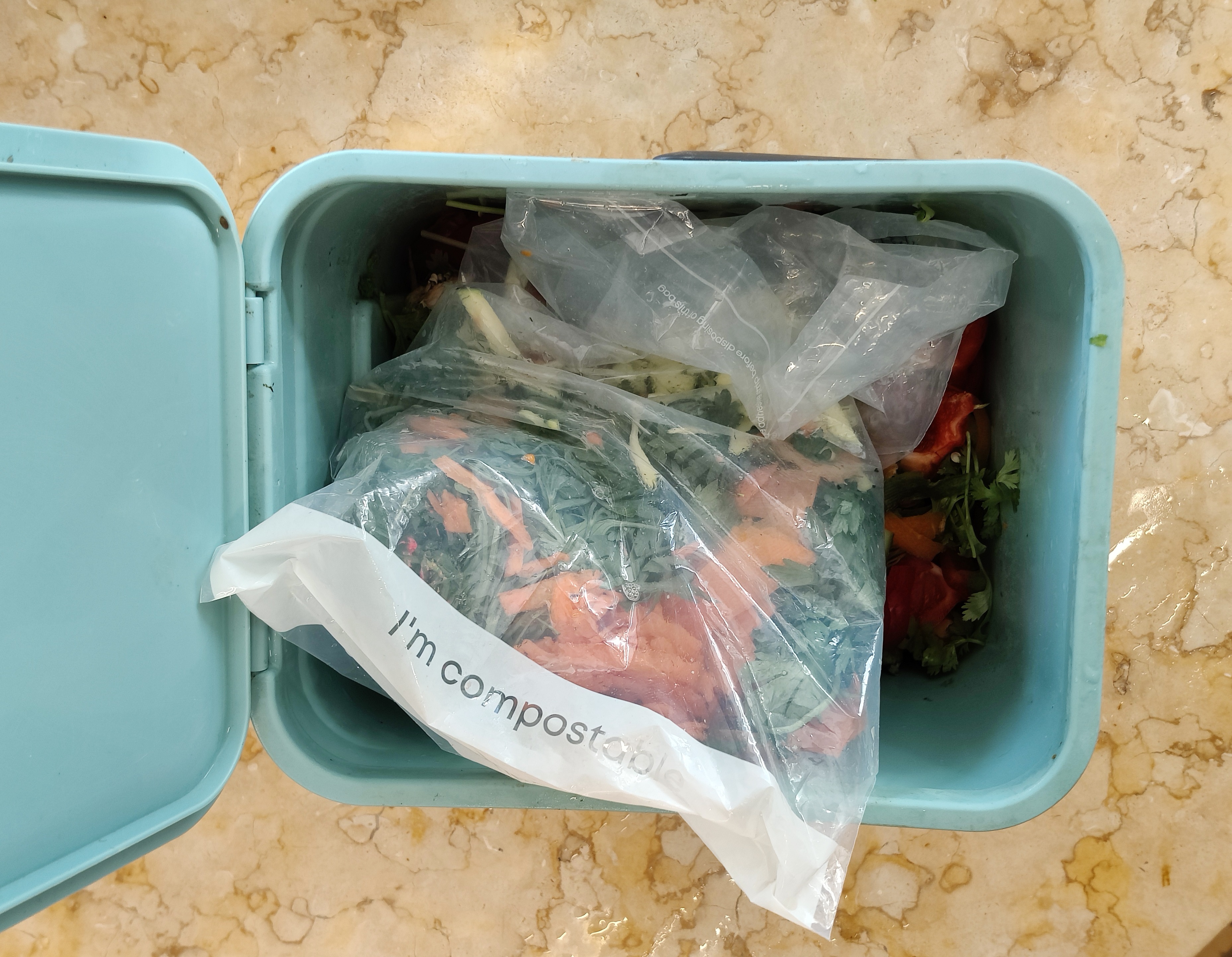Recycling is Broken
- Published: November 26, 2022

How Compostable Packaging can Help Solve the Plastic Crisis
By Daphna Nissenbaum, co-founder and CEO, TIPA
Plastic waste is a growing threat¹ to the planet and to human health. Plastic is polluting our water and soil, and has been found in people’s blood, lungs and other organs. Recently, researchers² have discovered that plastic waste in the environment harbors large amounts of bacteria, making it into a vector to spread pathogens and disease. If current habits continue, the amount of plastic waste in the environment will triple³ by 2040, becoming an even more serious challenge to our continued existence.
There is no doubt that brands, retailers and manufacturers are paying attention and trying to cut down on plastic waste⁴–partly because consumers are increasingly concerned about single-use plastics. A poll found that 84 percent⁵ of Americans are concerned about waste from plastic packaging. While it is admirable that industry leaders are investing more in sustainability efforts, there is far too much focus and reliance on recycling as a solution.
Clearly, recycling is not the complete answer: Only about 9 percent of plastic produced globally is actually recycled, with about 50 percent going to landfills; 19 percent incinerated, which produces toxic chemicals damaging to human health; and 22 percent ending up in the water and environment, according to a recent report from the OECD⁶. Improving recycling rates is also not the answer.
The truth is that many types of plastic, especially flexible plastics or films, are either not easily recycled or are not worthwhile on an economic scale to recycle. New recycling techniques, including so-called chemical recycling, developed for single-use plastics, are also problematic⁷, releasing toxins into the environment, or producing fuel from plastics that will later release additional pollution when it is burned.
With that in mind, many brands and retailers have taken other steps, such as dropping packaging altogether on items like fresh produce, or developing schemes to collect and re-use packaging. And many of the new extended producer responsibility (EPR) laws proposed⁸ or adopted in various states include provisions like reducing packaging, in addition to helping fund recycling and reuse programs. But those also do not offer a full solution.
After all, there is still often a need for single-use plastic films; products need to be kept fresh and clean during shipping, or bundled together to allow retailers to sell them without hassle. In fact, flexible plastics are the fastest-growing category⁹ of packaging, even though it is difficult to recycle, making it a major contributor to the problem of plastic waste both in land and water.
One alternative that more brands should consider is compostable packaging. Compostable packaging today is not limited to cardboard or paper-based products, but includes newly-developed compostable plastics and other flexible materials. Not only do the various available compostable packaging options reduce the amount of plastic entering landfills, water and soil, but they are part of a process that can enrich the earth and combat climate change.
Putting this packaging, along with organic materials like food and yard waste, into compost piles, where they all break down together, results in an end product of rich soil.
This soil is badly-needed by farmers everywhere. With ongoing soil erosion and degradation, the United Nations¹⁰ predicts that by 2050, global yields will fall 10 percent, resulting in severe food shortages. To avoid this and be able to increase crop production to feed a growing global population, farmers need to compost to increase the organic content of soil.
An additional one ton¹¹ of organic matter in each hectare of soil would increase production of basic crops like wheat and corn, grown each year in Africa, Asia and South America by millions of tons.
The benefits of adding compost to fields is not limited to yield production: Increasing the amount of carbon in the world’s soil by just 0.4 percent percent¹² a year would halt the trend of rising carbon dioxide levels in the atmosphere.
Consumers are already increasingly embracing the concept of composting: the number of communities offering composting services has grown more than 65 percent¹³ since 2014. It is time for more brands, retailers and manufacturers to embrace this solution as well. This is the only way to realistically stop plastic from damaging us and our environment. And if we compost enough, we can even reverse some of the damage.
 ABOUT THE AUTHOR
ABOUT THE AUTHOR
TIPA (tipa-corp.com) was founded in Israel in 2012. Before launching the company, co-founder and CEO Daphna Nissenbaum was CEO of the Caesarea Center for Capital Markets and Risk Management at the Interdisciplinary Center (IDC), Herzliya. Previously, she held various management positions at SPL World Group Ltd, a provider of revenue and operations management software, prior to which she held the position of project manager at Whelty Lager Ltd., located in Boston, Massachusetts.
_____________________
1 https://www.weforum.org/agenda/2022/07/plastic-pollution-ocean-circular-economy/
3 https://www.weforum.org/agenda/2022/08/8-inspiring-innovations-tackling-plastic-pollution/
7 https://www.greenbiz.com/article/why-chemical-recycling-cant-be-trusted
12 https://wle.cgiar.org/news/4-pour-1000-preserving-soils-carbon-capture-and-food-security




